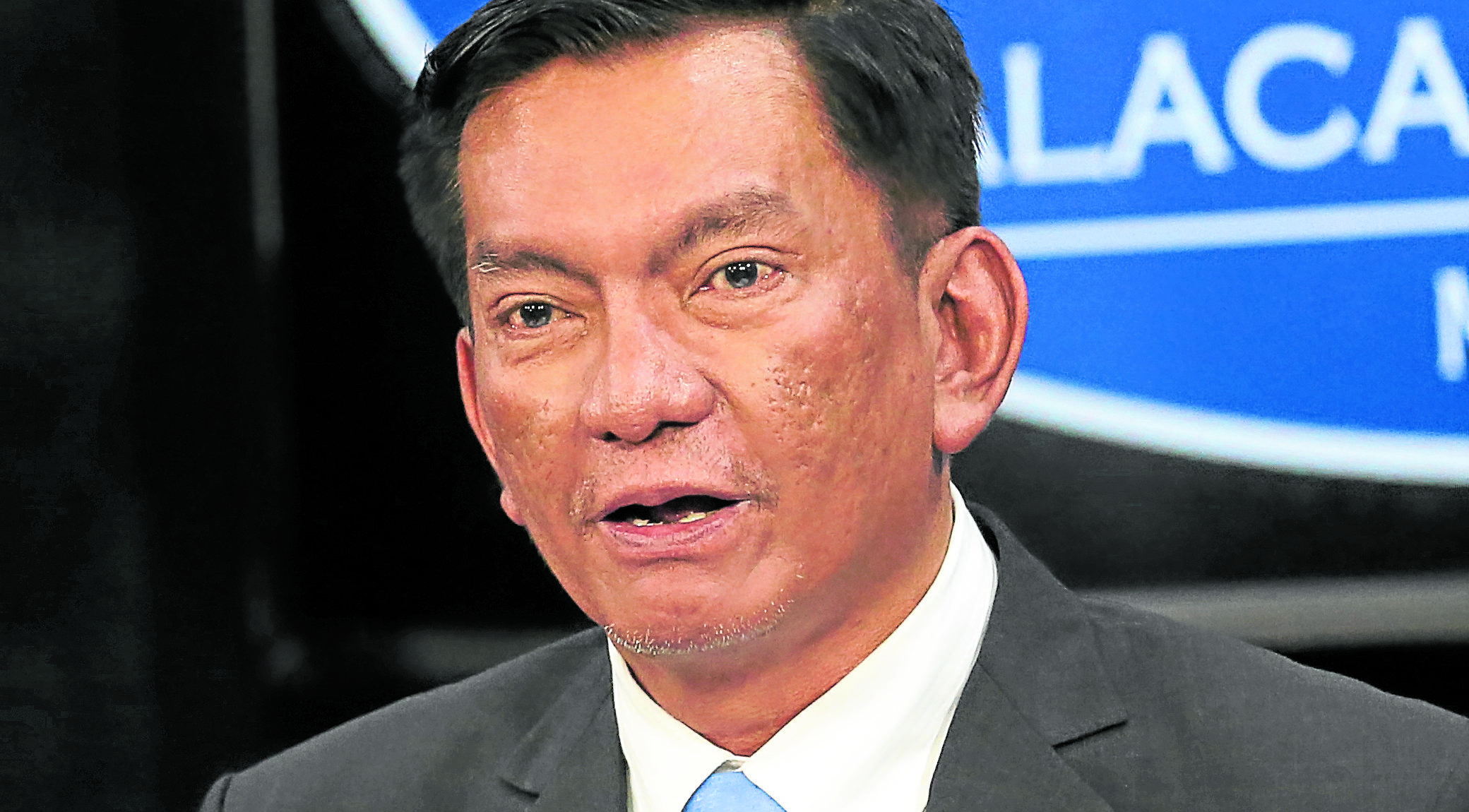
FILE PHOTO: Albay Rep. Joey Salceda
Albay Rep. Joey Salceda on Thursday called for a government focus on fertilizers to bring down food prices and urged President Marcos to, apart from reducing fertilizer costs, make available fertilizer discount coupons to farmers.
In a statement on Thursday, Salceda stressed the importance of cheaper fertilizer in government efforts to lower food prices.
“One of (President Marcos’) quickest victories as agriculture secretary can be fertilizers. I commend his effort to pursue government-to-government procurement of fertilizers. That gets rid of a lot of middlemen margins,” Salceda pointed out.
“I also strongly urge (President Marcos) to release fertilizer discount coupons, backed by the national government and good as currency when buying fertilizers … It will have immediate consequences to food yield during the ongoing rainy season planting time,” he said.
According to Salceda the move would be “most useful in palay, which is fertilizer-intensive, and in corn, which has cascading effects on the prices of feeds and, therefore, of poultry and pork.”
Strategic
He further explained, “The tradeable coupons are very strategic at this point because, regardless of whether the farmer beneficiary actually uses them or trades them to another farmer, the end result will be that the discounted fertilizer will find its way into the land. And that will bring higher yields for key crops while also helping address high fertilizer prices.”
Salceda cited the World Fertilizer Price Index, where current prices are 75 percent higher year-on-year.
The lawmaker pointed out, “Prices have been going up in part because of global trade constraints. Belarus accounts for about a fifth of the world’s potash supply. Russia is the world’s largest exporter of nitrogen fertilizer and second largest importer of phosporus and potassium fertilizers. So, the Russia-Ukraine crisis will definitely continue to affect global fertilizer prices.”
He said that while organic fertilizer could be a good supplement, “In raising yields, there is still no viable mass substitute to inorganic or synthetic agriculture.”